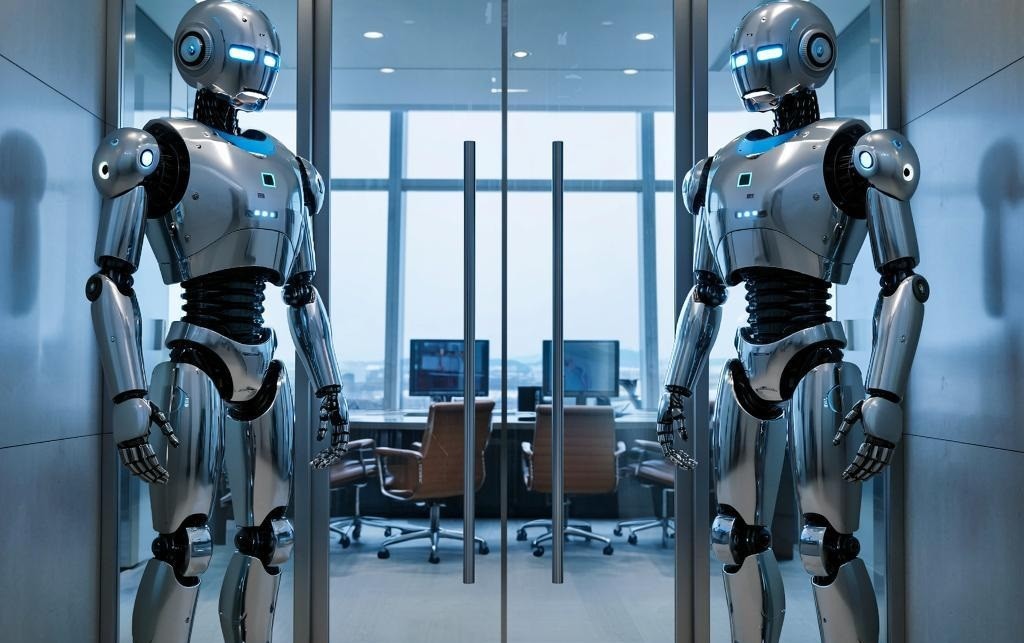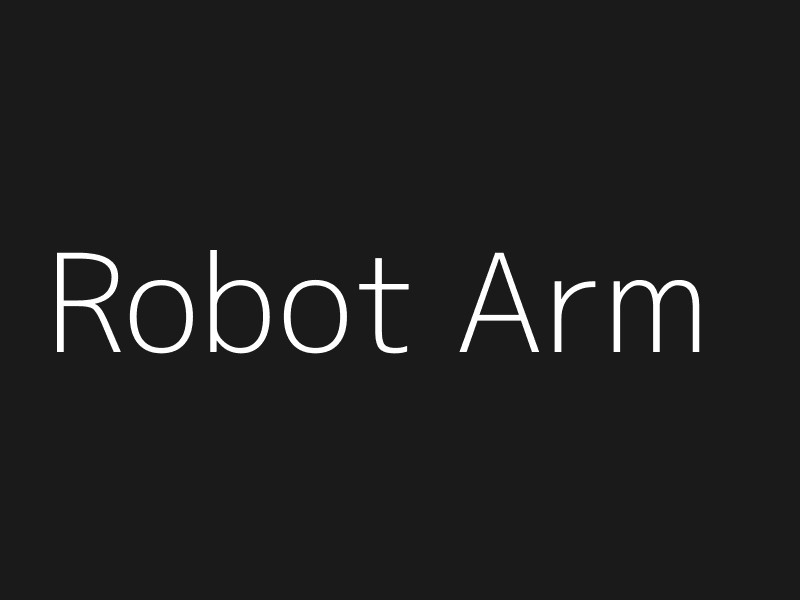Elon Musk Wants to Command a Humanoid Robot Army—and a $1 Trillion Stock Windfall Could Crown His Control over Tesla’s Future
Elon Musk, the CEO of Tesla, has signaled a desire to wield greater influence over the company's robotic ambitions, especially if Tesla proceeds with a humanoid-robot army. During Tesla's third-quarter earnings call, Musk asked investors to consider what his role should be in guiding the company's robotic projects. Electrek reports that he initially spoke about directly controlling the army, but soon clarified that he seeks strong influence and governance over the technology. The moment came on the heels of a board proposal to pay Musk around $1 trillion in Tesla stock, a plan that many observers fear could cement his power within the company.

In This Article:
Setting the Scene: A Quarterly Moment, A Question from Investors
The comments landed as the board floated a staggering compensation plan valued at about $1 trillion in Tesla stock, a move that would significantly strengthen Musk's position within the company. Investors were asked what role he should play in managing the robotic projects, signaling a broader debate about governance of breakthrough technology. Electrek notes that the discussions occurred during the third-quarter earnings call, a moment when company strategy and advanced robotics intersect in the public eye.

From Control to Influence: A Subtle Shift in Stance
Musk's earlier remarks suggested he wanted to directly 'control' the army of humanoid robots, but he later said what he seeks is strong influence and robust governance over the technology. That distinction matters because it touches on who should steer a technology that could reshape work, life, and power within a company and beyond.

A Trillion-Dollar Incentive—What It Means for Tesla and Its Power Dynamics
The compensation plan would intensify Musk's already outsized influence, tying his wealth to Tesla's robotic ambitions. Critics worry about the risks of concentrating decision-making in one person, especially when the technology carries society-wide implications and potential disruption across industries.

The Human Question: Can One Person Safely Guide Such Power?
Beyond the corporate drama lies a future Musk has repeatedly hinted at: autonomous robots freeing humanity from routine tasks and letting people pursue their passions. But observers ask whether a single leader can responsibly navigate the ethical, technical, and societal questions such power raises. The story invites a broader conversation about governance, accountability, and the kind of future we want from a robot-powered economy.


